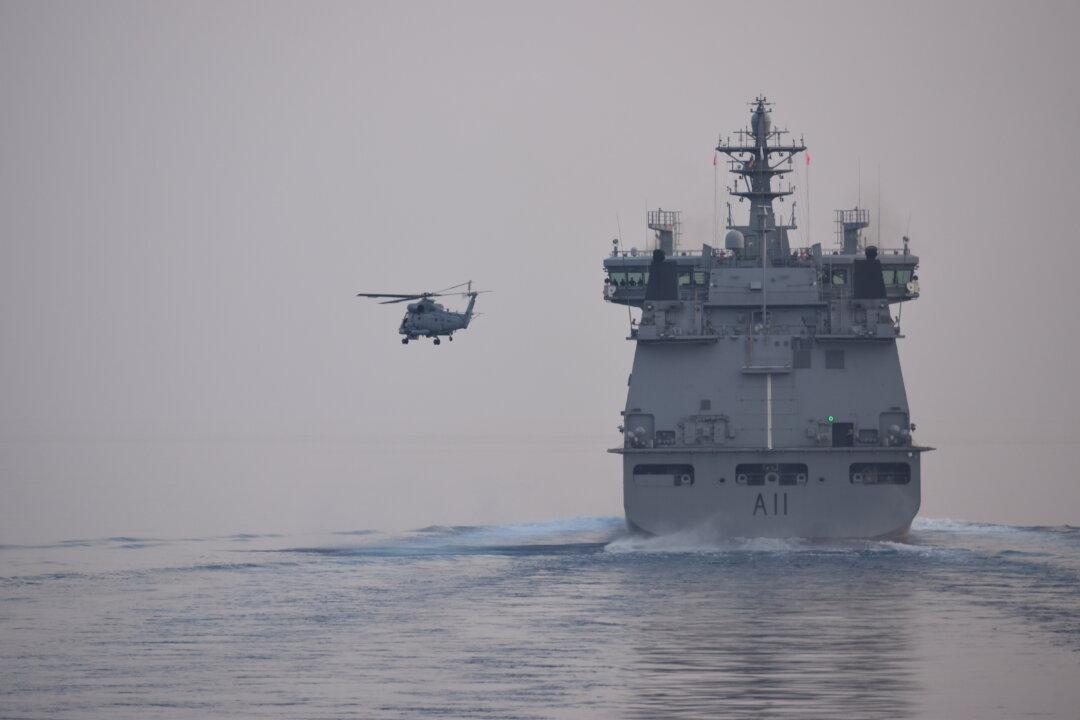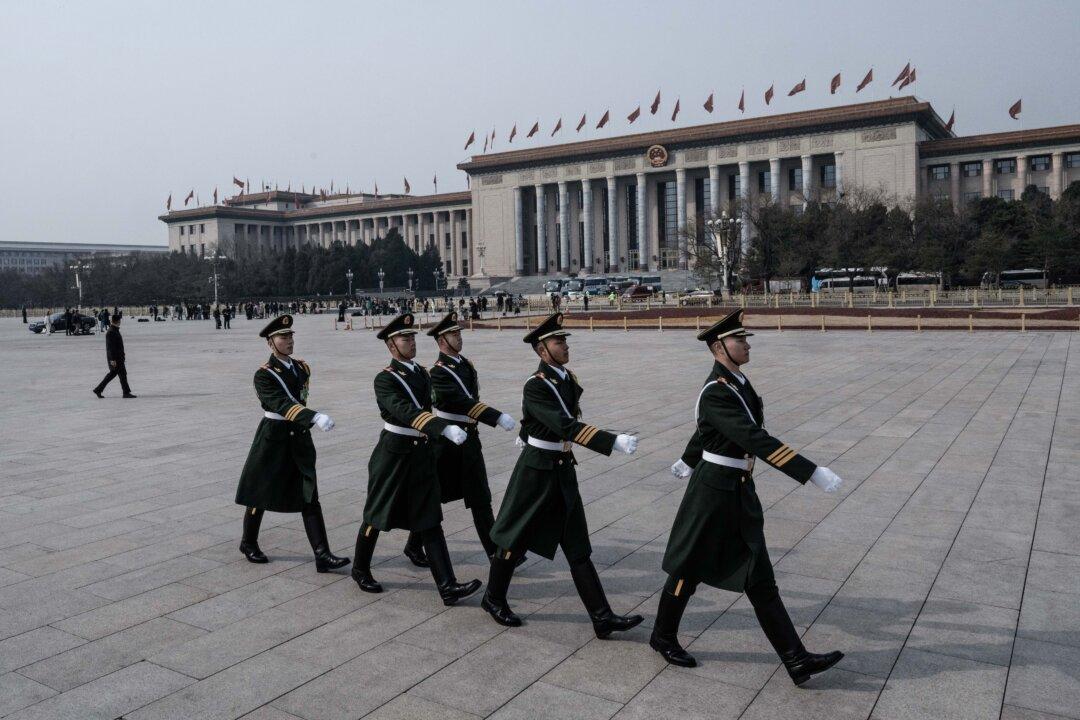After initially supporting the government’s overtures to join the second pillar of the AUKUS pact, the NZ Labour Party appears to have reversed position, with both the foreign affairs and associate foreign affairs spokespeople characterising it as unnecessarily aggressive positioning towards Beijing.
After a meeting between the Foreign and Defence Ministers of Australia and New Zealand at the end of January, Australia said it would be sending officials to New Zealand soon for further talks.





